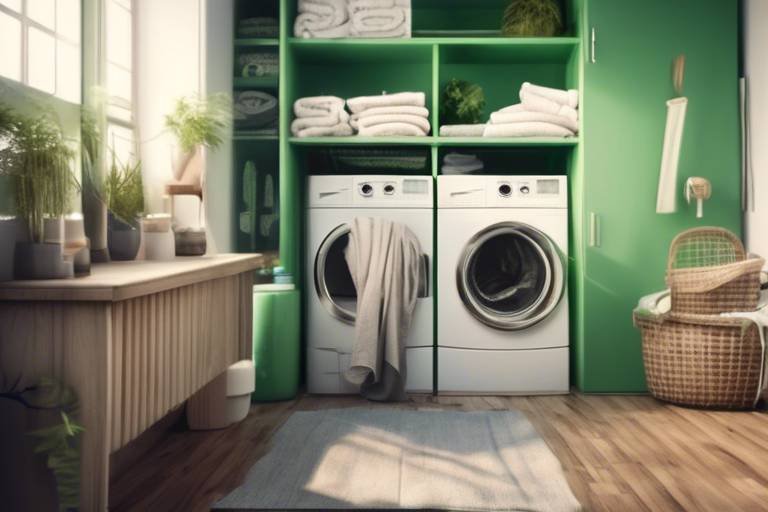The Benefits of Using Solar Panels in Your Home
Are you tired of skyrocketing electricity bills and feeling helpless against fluctuating energy prices? If so, it might be time to consider the **transformative power** of solar panels. In recent years, more homeowners have turned to solar energy as a viable solution to not only reduce their energy costs but also to contribute positively to the environment. Imagine harnessing the sun's energy to power your home, all while increasing your property value and promoting a sustainable lifestyle. This article explores the **numerous advantages** of installing solar panels in residential properties, including cost savings, environmental impact, and energy independence. Discover how solar energy can **transform your living space** and lifestyle!
One of the most appealing benefits of installing solar panels is the **significant reduction** in your monthly electricity expenses. Homeowners can experience lower utility costs and may even qualify for potential tax incentives, making solar energy an economically viable option for many families. Imagine slashing your energy bill by up to **50%** or more! The initial investment in solar panels can pay off quickly, especially as energy prices continue to rise. In fact, many homeowners report a return on investment within just a few years. Consider this: if you could save thousands of dollars over the lifespan of your solar panels, wouldn’t that be worth it?
Solar panels provide a **clean, renewable energy source** that significantly reduces our reliance on fossil fuels. By harnessing solar power, homeowners can contribute to a decrease in greenhouse gas emissions and promote sustainability in their communities. This transition is not just beneficial for individual households; it’s a step toward a healthier planet. When you choose solar energy, you’re not just saving money—you’re making a statement about your commitment to the environment. The impact of switching to solar energy can be profound:
- Reduction of carbon emissions
- Decreased air pollution
- Conservation of natural resources
Switching to solar energy helps lower your carbon footprint. This transition to renewable energy sources is crucial for combating climate change and preserving natural resources for future generations. By investing in solar panels, you’re not just taking a step for your own household; you’re contributing to a larger movement toward a more sustainable future. Every kilowatt of solar energy generated means less reliance on fossil fuels and a cleaner environment for all.
Solar energy is a **sustainable option** that can meet the energy needs of households without depleting resources. Investing in solar panels promotes a healthier planet and ensures energy availability for years to come. Think of solar energy as a **never-ending resource**—the sun will always shine, providing us with a constant supply of energy. This reliability makes solar power an attractive option for homeowners looking to secure their energy future.
The adoption of solar panels can lead to local job creation and economic growth. Communities that embrace renewable energy often see an increase in green jobs and a boost in local economies. When you install solar panels, you’re not just helping yourself; you’re also contributing to the economic vitality of your community. It’s a win-win situation!
By generating your own electricity, solar panels provide homeowners with greater **energy independence**. This self-sufficiency can protect against fluctuating energy prices and reduce vulnerability to power outages. Imagine never having to worry about the rising costs of energy or the unpredictability of power supply. With solar panels, you can enjoy peace of mind knowing that you’re in control of your energy needs.
Homes equipped with solar panels often see an **increase in property value**. Potential buyers are increasingly attracted to energy-efficient homes, making solar installations a smart investment for homeowners looking to sell. This trend reflects a growing demand for environmentally friendly living options in the real estate market. In fact, studies show that homes with solar energy systems can sell for **more than those without**. It’s not just about saving money; it’s about enhancing the overall value of your property.
As more buyers prioritize sustainability, homes with solar energy systems may sell faster and at higher prices. This trend reflects a growing demand for environmentally friendly living options in the real estate market. When you install solar panels, you’re not just investing in your home; you’re also making it more attractive to a **new generation of buyers** who value sustainability.
Investing in solar panels can yield significant returns over time. With decreasing installation costs and increasing energy prices, homeowners can expect a favorable return on their solar investment within a few years. It’s like planting a seed that will grow into a **money-saving tree** in your backyard. The savings on your energy bills can accumulate, allowing you to invest that money elsewhere—maybe a vacation or a home renovation!
Q: How much do solar panels cost?
A: The cost of solar panels varies based on factors like system size, installation location, and local incentives. However, many homeowners find that the long-term savings outweigh the initial investment.
Q: Do solar panels work in cloudy weather?
A: Yes! Solar panels can still generate electricity on cloudy days, although their efficiency may be reduced. They are designed to capture sunlight even in less-than-ideal conditions.
Q: How long do solar panels last?
A: Most solar panels come with warranties of 25 years or more, and many can last even longer with proper maintenance.
Q: Can I install solar panels myself?
A: While some homeowners may attempt DIY installations, it’s generally recommended to hire a professional to ensure safety and compliance with local regulations.
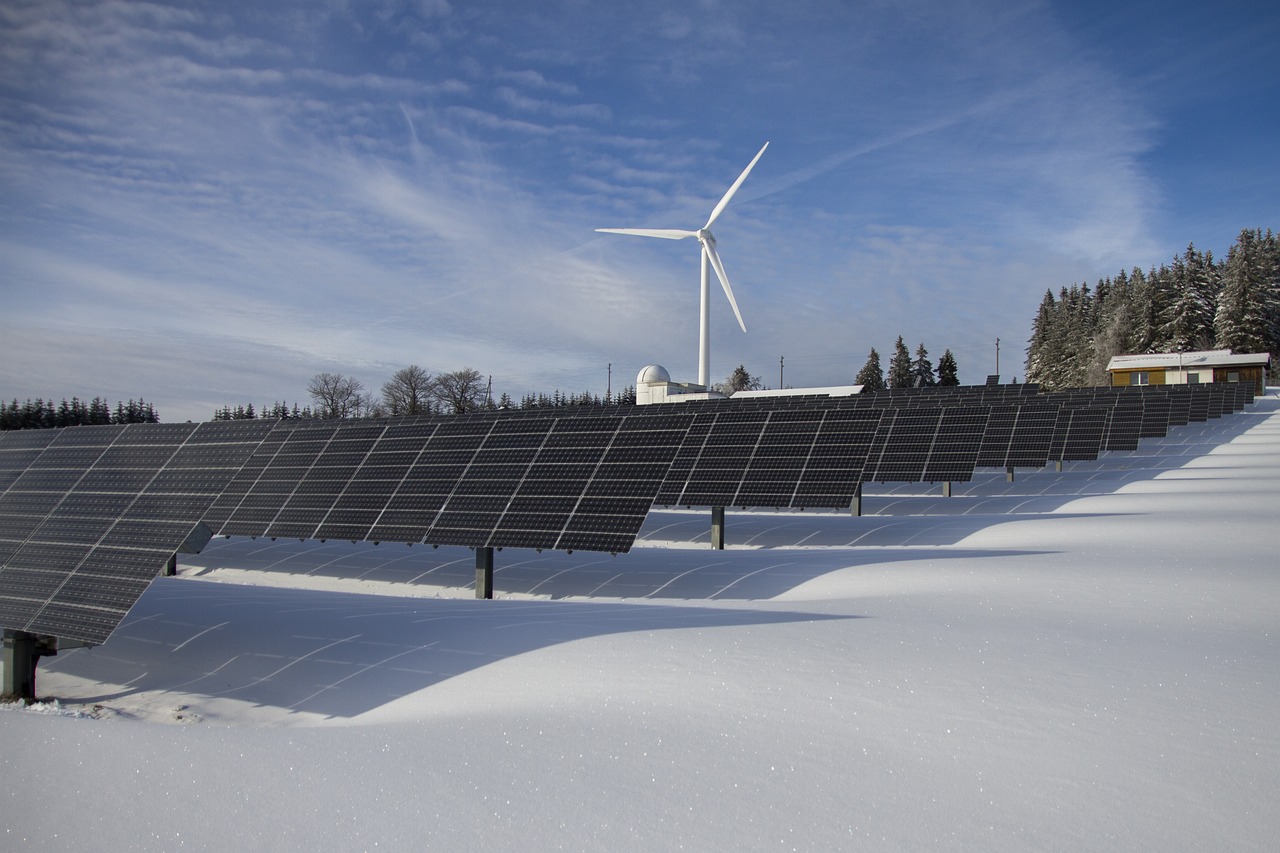
Cost Savings on Energy Bills
Installing solar panels can significantly reduce your monthly electricity expenses. Imagine slashing your energy bills by up to 50% or more just by harnessing the power of the sun! Homeowners who make the switch to solar energy often find that their utility costs drop dramatically, allowing them to redirect those savings into other areas of their lives. It's like finding extra cash in your pocket every month!
Moreover, many states offer tax incentives and rebates for homeowners who install solar panels, further enhancing the financial benefits. These incentives can cover a substantial portion of the initial investment, making it easier for families to transition to solar energy. For example, a federal tax credit allows you to deduct a percentage of the cost of your solar system from your federal taxes, which can amount to thousands of dollars!
To illustrate the potential savings, consider the following table that outlines average monthly electricity costs before and after solar panel installation:
| City | Average Monthly Electricity Bill (Before Solar) | Average Monthly Electricity Bill (After Solar) | Monthly Savings |
|---|---|---|---|
| Los Angeles | $150 | $75 | $75 |
| New York | $200 | $100 | $100 |
| Chicago | $120 | $60 | $60 |
As you can see, the potential for savings is significant! And it doesn't stop there. By generating your own electricity, homeowners can also shield themselves from the volatility of energy prices. When energy rates rise, your solar panels keep your costs stable, allowing you to maintain your budget without the stress of unexpected spikes in your energy bills.
Additionally, many solar panel systems come with warranties that ensure they will function efficiently for decades. This means that your investment not only pays off in the short term but continues to provide savings for many years to come. So, if you’re tired of watching your energy bills climb higher and higher, it might be time to consider making a change.
In conclusion, the cost savings associated with solar panels are hard to ignore. From lower monthly bills to tax incentives and the long-term stability of energy prices, going solar can be a game-changer for your finances. Why not take that leap towards a more sustainable and economically savvy lifestyle? The sun is shining, and it's time to let it work for you!
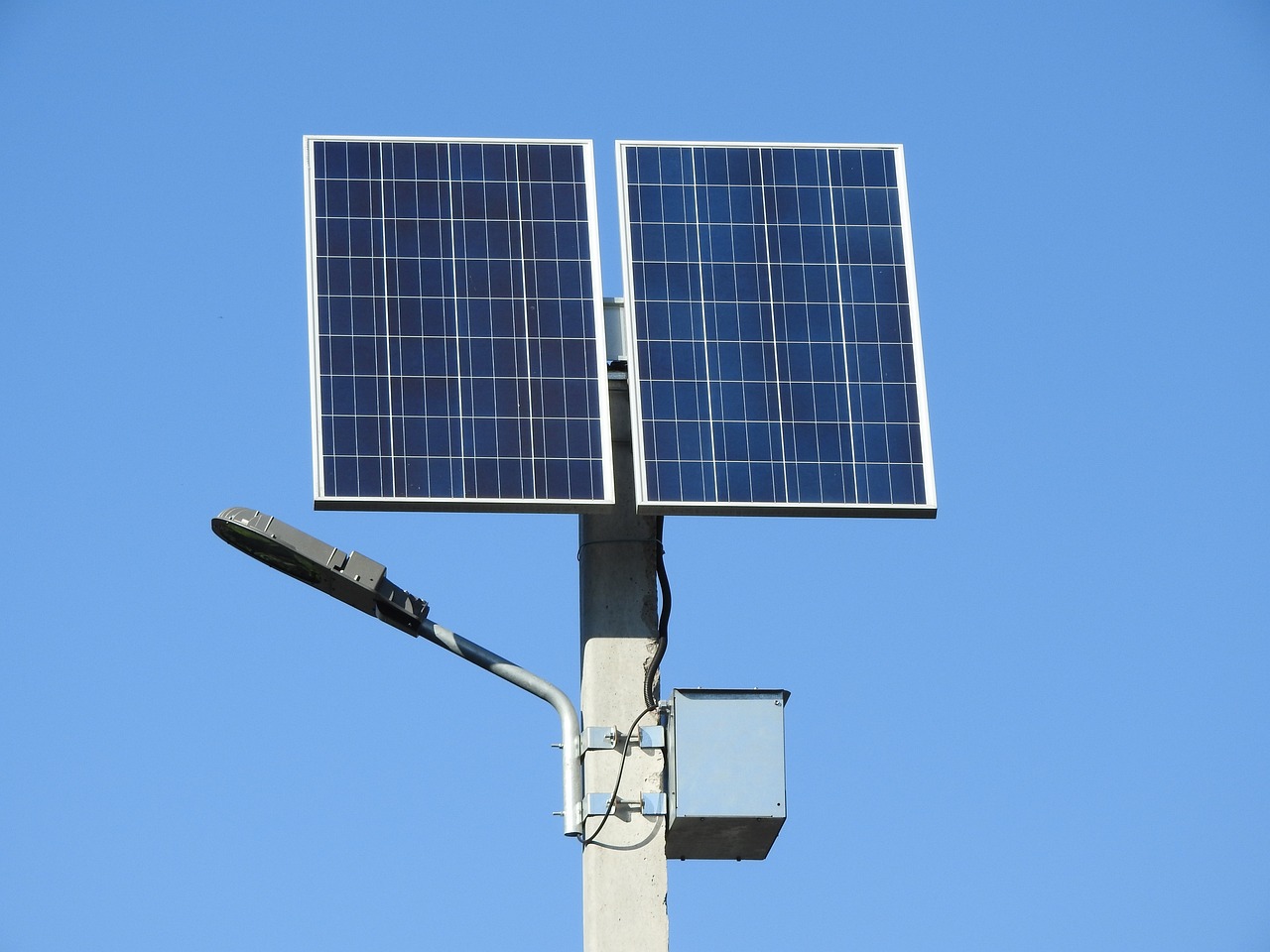
Environmental Impact
When it comes to our planet's future, the of our choices can't be overstated. One of the most significant advantages of installing solar panels is their ability to provide a clean, renewable energy source. By harnessing the sun's power, homeowners can dramatically reduce their reliance on fossil fuels, which are notorious for their harmful effects on our environment. Imagine a world where we rely on the sun, a resource that won't run out, rather than depleting our planet's finite resources!
Solar energy is a game-changer in the fight against climate change. By switching to solar, you’re not just saving money; you're also playing a crucial role in reducing greenhouse gas emissions. These emissions are a major contributor to global warming, and every kilowatt-hour of solar energy produced means one less kilowatt-hour generated from fossil fuels. In fact, according to the U.S. Department of Energy, the average residential solar panel system can offset about 100,000 pounds of carbon dioxide over its lifetime. That's like taking over 10 cars off the road!
Furthermore, solar panels contribute to long-term sustainability. Unlike fossil fuels, which can take millions of years to form and are rapidly depleting, solar energy is abundant and available everywhere. It’s like having a never-ending buffet of energy at our fingertips! By investing in solar technology, we’re ensuring that future generations will have access to clean energy without the fear of running out of resources. This commitment to sustainability is essential for preserving our natural world and maintaining a balanced ecosystem.
Additionally, the adoption of solar energy can yield community benefits. As more households switch to solar, local economies can thrive through job creation in the renewable energy sector. This shift not only fosters economic growth but also inspires a sense of community as neighbors come together to embrace a sustainable lifestyle. Think about it: when your community invests in solar, you’re not just making a personal choice; you’re contributing to a larger movement toward a cleaner, greener future.
In conclusion, the environmental impact of solar panels is profound. By choosing to go solar, you're not only reducing your carbon footprint but also promoting a healthier planet for future generations. It's an investment in both your home and the world we live in, ensuring that we leave behind a legacy of sustainability and responsibility. So, why wait? The sun is shining, and it’s time to harness its power!
- What are the environmental benefits of solar panels? Solar panels reduce greenhouse gas emissions, lower carbon footprints, and promote sustainable energy practices.
- How do solar panels contribute to energy independence? By generating your own electricity, you become less reliant on traditional energy sources, protecting yourself from price fluctuations.
- Can solar panels increase my home's value? Yes, homes equipped with solar energy systems often see an increase in property value and attract eco-conscious buyers.
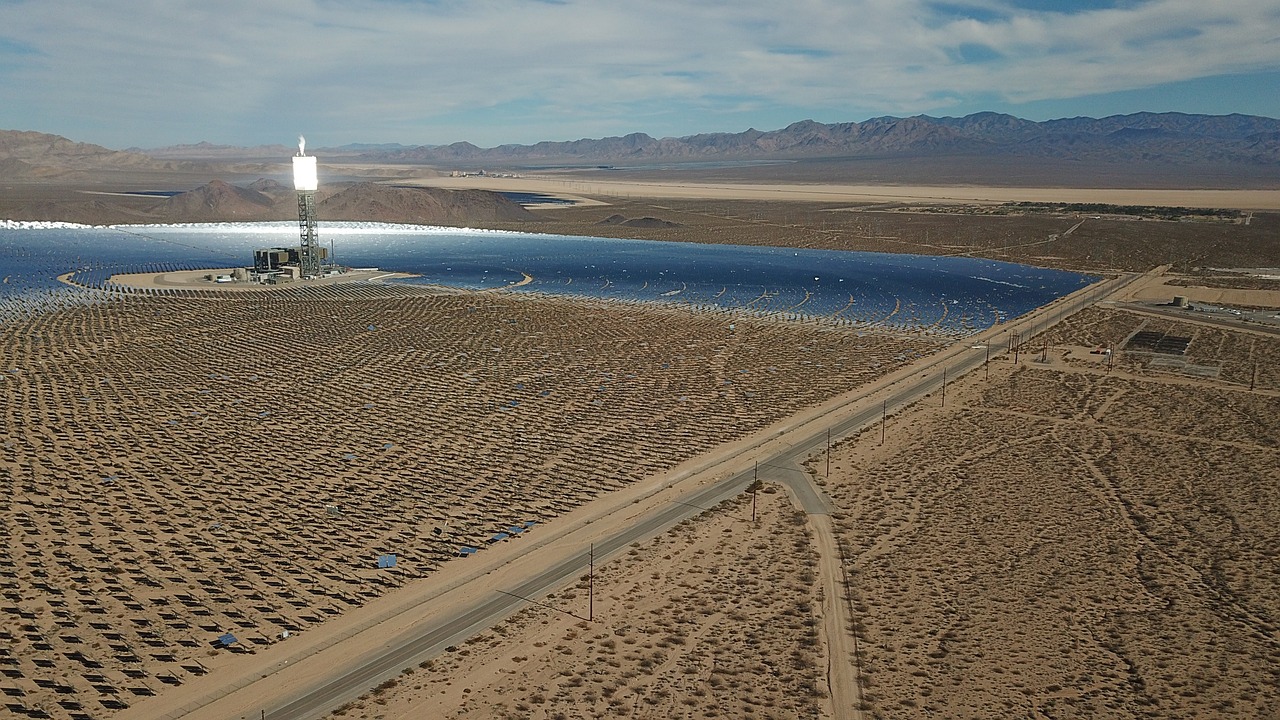
Reduction of Carbon Footprint
Switching to solar energy is not just a trend; it's a **responsible choice** that can significantly lower your carbon footprint. Imagine this: every time you flip a switch to power your home with solar energy, you're actively participating in a global movement to combat climate change. By harnessing the power of the sun, you are reducing your reliance on fossil fuels, which are notorious for their harmful emissions. This shift is crucial in today's world, where every small action counts towards preserving our planet for future generations.
When you install solar panels, you are essentially transforming sunlight into electricity, a process that produces **zero emissions**. This means that your home can operate on clean energy, drastically cutting down the amount of carbon dioxide and other greenhouse gases released into the atmosphere. In fact, studies show that a typical residential solar panel system can offset approximately 100 tons of carbon dioxide over its lifetime. That’s like planting over 2,500 trees!
To put things into perspective, let’s look at some numbers. According to the U.S. Department of Energy, the average American household emits about 7.5 tons of CO2 annually from electricity consumption. By switching to solar, you could potentially eliminate a significant portion of that. Here’s a simple comparison to illustrate:
| Energy Source | Annual CO2 Emissions (Tons) |
|---|---|
| Traditional Fossil Fuels | 7.5 |
| Solar Energy | 0 |
As you can see, the difference is striking. Now, you might be wondering, “How does this actually help the environment?” Well, by reducing your carbon footprint, you are contributing to a **healthier planet**. Less carbon in the atmosphere means fewer climate-related disasters, cleaner air, and a more sustainable future. It's like being part of a massive team effort where every member's contribution matters.
Moreover, the benefits of solar energy extend beyond just individual households. When communities adopt solar energy en masse, the collective impact can lead to a **significant reduction in regional emissions**. This creates a ripple effect, encouraging more people to consider renewable energy and fostering a culture of sustainability. In this way, your decision to go solar not only benefits you but also your community and the world at large.
In conclusion, reducing your carbon footprint through solar energy is a powerful way to take action against climate change. It's not just about saving money or increasing your home’s value; it's about making a **positive impact** on our planet. So, are you ready to join the solar revolution and be a part of the solution?
- How much can I really save by switching to solar? - Savings vary by location and energy usage, but many homeowners see a reduction of 50-70% on their electricity bills.
- What happens on cloudy days? - Solar panels can still produce energy on cloudy days, although at a reduced efficiency. They are designed to work in various weather conditions.
- Are there any tax incentives for installing solar panels? - Yes, many regions offer tax credits, rebates, and other incentives to encourage solar adoption.
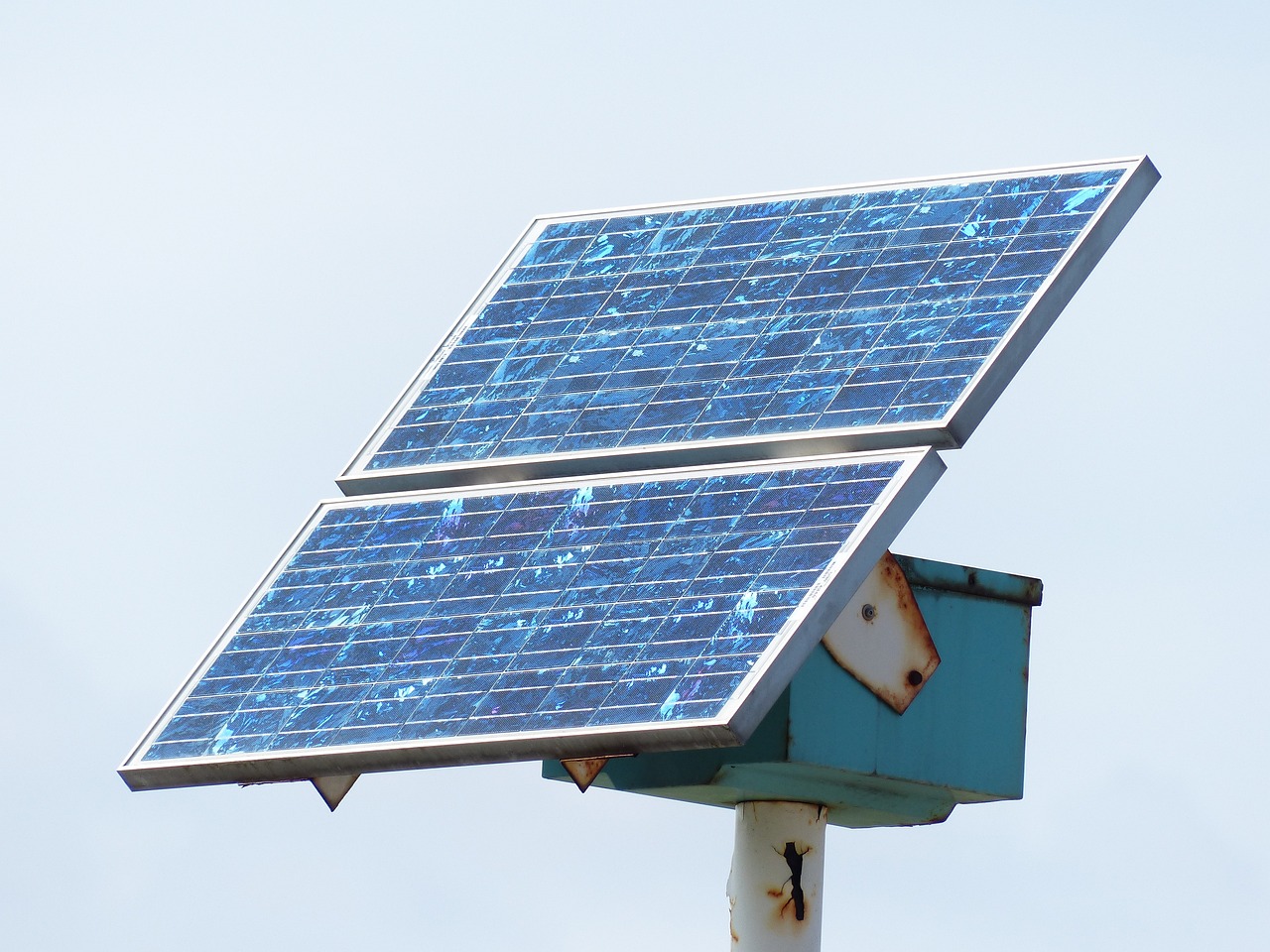
Long-term Sustainability
When we talk about , solar energy stands out as a beacon of hope for our planet. Imagine harnessing the power of the sun, a resource that’s both abundant and renewable, to meet our energy needs without depleting the Earth’s natural resources. By installing solar panels, homeowners are not just making a wise financial decision; they are also taking a significant step towards a more sustainable future.
Solar energy systems are designed to last for decades, typically around 25 years or more, which means that when you invest in solar panels, you're securing a reliable energy source for the long haul. This long lifespan is complemented by minimal maintenance requirements, allowing homeowners to focus on enjoying their energy savings rather than worrying about upkeep.
Moreover, the environmental benefits of solar energy cannot be overstated. By transitioning to solar power, households can drastically reduce their reliance on fossil fuels, which are finite and contribute to pollution and climate change. Here are some key points to consider:
- Resource Conservation: Solar energy is derived from the sun, which is an inexhaustible source of energy. Unlike fossil fuels, solar power won't run out, ensuring that future generations will have access to clean energy.
- Reduction in Greenhouse Gas Emissions: Utilizing solar panels significantly lowers the amount of carbon dioxide and other harmful emissions released into the atmosphere. This is crucial for combating global warming and protecting our planet.
- Energy Security: By investing in solar energy, homeowners contribute to a decentralized energy grid, which enhances energy security and reduces the risk of blackouts caused by centralized power failures.
Additionally, the shift towards solar energy promotes innovation and technological advancements. As more people adopt solar technology, there’s a greater push for research and development, leading to more efficient solar panels and energy storage solutions. This cycle of innovation not only benefits individual homeowners but also contributes to a greener economy.
In conclusion, the long-term sustainability of solar energy is not just about the immediate benefits of lower energy bills; it's about creating a future where our energy needs are met without compromising the health of our planet. By choosing solar, you’re making a choice that resonates beyond your household, influencing your community and the world at large.
Q1: How long do solar panels last?
A1: Most solar panels have a lifespan of about 25-30 years, with many manufacturers offering warranties for this duration.
Q2: Can solar panels work in cloudy weather?
A2: Yes, solar panels can still generate electricity on cloudy days, although their efficiency may be reduced compared to sunny conditions.
Q3: What happens if I generate more electricity than I use?
A3: Many utility companies offer net metering, which allows homeowners to sell excess electricity back to the grid, providing additional savings.
Q4: Are there any government incentives for installing solar panels?
A4: Yes, many governments offer tax credits, rebates, and other incentives to encourage the adoption of solar energy, making it more financially accessible.
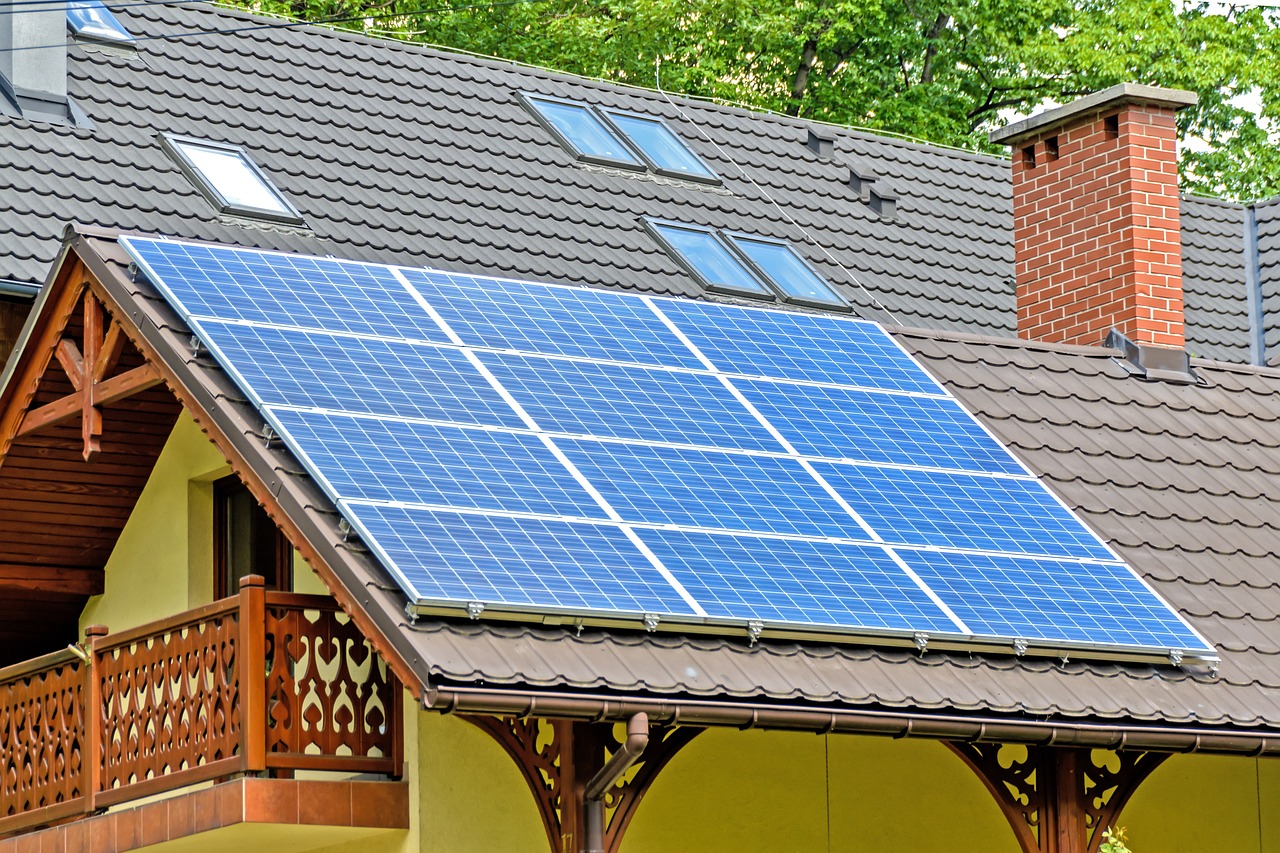
Community Benefits
When we think about solar panels, we often focus on individual benefits like saving on electricity bills or reducing our carbon footprint. However, the ripple effects of adopting solar energy extend far beyond the confines of our homes. Imagine a community where homes are powered by the sun, creating not just energy independence but also a vibrant local economy. This is the power of solar energy at a community level.
One of the most significant community benefits of solar panel adoption is the creation of green jobs. As more homeowners invest in solar technology, there is an increasing demand for skilled labor to install and maintain these systems. This demand stimulates local job markets, providing employment opportunities for electricians, engineers, and technicians. In fact, according to recent studies, the solar industry has been one of the fastest-growing job markets in the United States, outpacing traditional energy sectors.
Moreover, communities that embrace solar energy often see a boost in local economies. The money saved on energy bills by homeowners can be redirected into the local economy, whether it’s spent at local businesses or invested in community projects. This cycle of reinvestment fosters a sense of community pride and encourages local development. For example, a neighborhood that collectively invests in solar panels can create a fund to support local schools or parks, enhancing the quality of life for all residents.
Additionally, solar energy can contribute to energy resilience within communities. When neighborhoods adopt solar power, they reduce their overall dependence on traditional energy sources, which can be vulnerable to fluctuations in price or supply disruptions. This shift not only stabilizes energy costs but also enhances the community's ability to respond to emergencies, such as natural disasters, where power outages are common.
Furthermore, the environmental benefits of solar energy can lead to healthier communities. By reducing reliance on fossil fuels, communities can decrease air pollution and improve public health. Cleaner air leads to fewer respiratory issues and overall better health outcomes for residents. This is particularly important for vulnerable populations, such as children and the elderly, who are more susceptible to the effects of pollution.
In summary, the community benefits of adopting solar panels are multifaceted. From job creation and economic growth to enhanced energy resilience and improved public health, the advantages are clear. As more neighborhoods make the switch to solar energy, they not only empower individual homeowners but also strengthen the fabric of the community itself.
- What are the initial costs of installing solar panels? The initial costs can vary significantly based on the size of the system and local incentives, but many homeowners find that the long-term savings outweigh the upfront investment.
- How long do solar panels last? Most solar panels come with a warranty of 25 years, but they can last much longer with proper maintenance.
- Can I still benefit from solar energy if I live in a cloudy area? Yes! Solar panels can still generate electricity on cloudy days, although their efficiency may be slightly reduced.
- Are there tax incentives for installing solar panels? Yes, many regions offer tax credits and incentives to encourage solar installation, which can significantly reduce your overall costs.
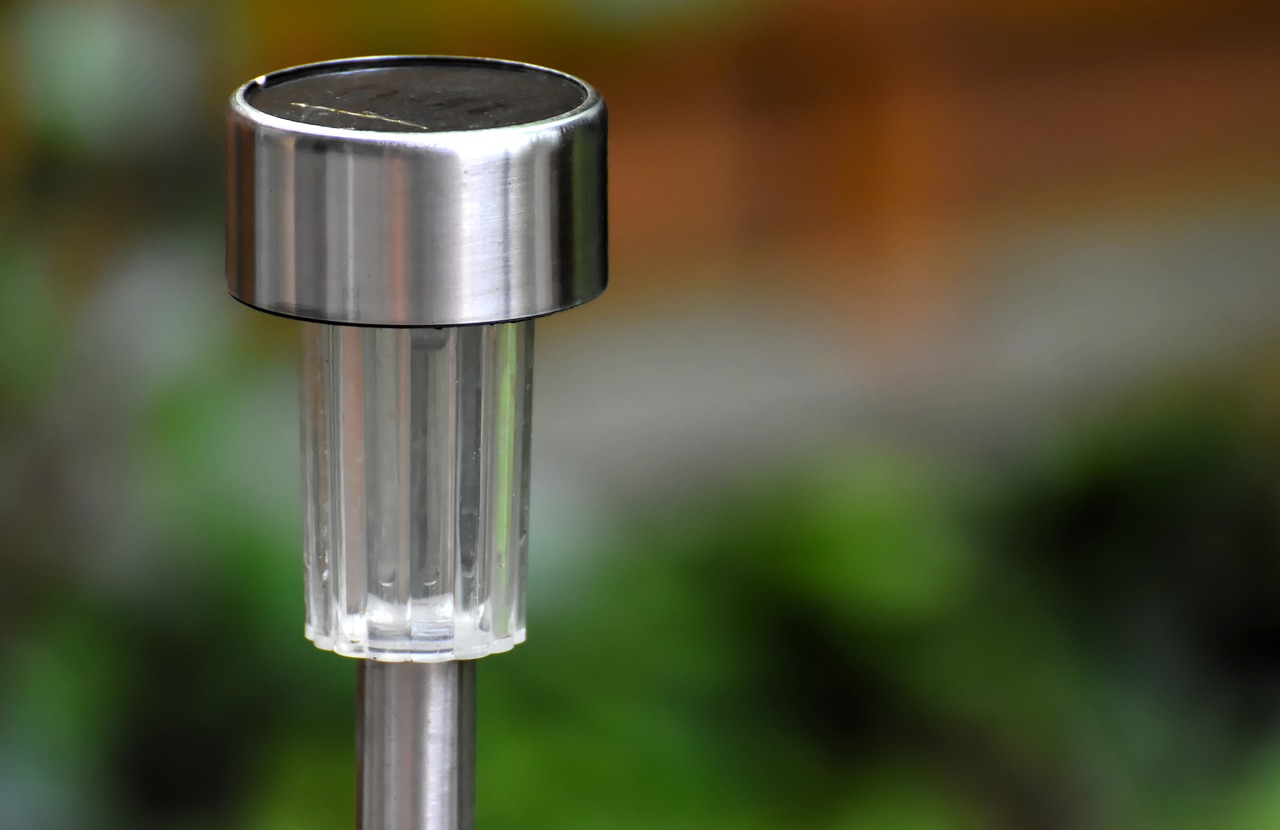
Energy Independence
Imagine waking up every morning knowing that your home generates its own electricity. Sounds like a dream, right? Well, with solar panels, this dream can become a reality! By harnessing the power of the sun, homeowners can achieve a level of that not only protects them from rising utility costs but also shields them from the unpredictability of energy markets. No more worrying about fluctuating electricity prices or power outages that leave you in the dark.
When you install solar panels, you're essentially creating your own mini power plant right on your roof. This means that you can generate electricity during the day, and if your system is designed correctly, you can even store excess energy for use at night or during cloudy days. This self-sufficiency is akin to having your own personal energy reserve, providing peace of mind that you won't be at the mercy of your local utility company.
Furthermore, the benefits of energy independence extend beyond just individual homeowners. When more people adopt solar energy, it contributes to a decentralized energy grid. This shift can lead to greater resilience in the overall energy system, as communities become less reliant on centralized power sources that are vulnerable to outages and disruptions. Just think about it: if a storm knocks out power lines in your area, but your neighbors have solar panels and battery storage, they can still keep their lights on while everyone else is left in the dark.
Here's a quick overview of how solar energy contributes to energy independence:
| Benefit | Description |
|---|---|
| Cost Stability | With solar energy, homeowners can lock in lower energy costs and avoid price hikes from utility companies. |
| Power Reliability | Solar systems can provide a backup power source during outages, ensuring essential appliances remain operational. |
| Environmental Impact | Generating your own clean energy reduces dependence on fossil fuels, promoting a sustainable future. |
In addition to these benefits, energy independence through solar panels can also foster a sense of community. When neighbors band together to invest in solar technology, they can share resources, knowledge, and even energy. Imagine a neighborhood where everyone is contributing to a greener future while supporting one another—it's not just about saving money; it's about building a stronger, more resilient community.
So, if you're still on the fence about installing solar panels, consider this: energy independence is more than just a personal achievement; it's a step towards a more sustainable and secure future for everyone. Why not take control of your energy destiny today?
- How much money can I save by installing solar panels? The savings can vary widely depending on your location, energy usage, and the size of your solar system, but many homeowners see a significant reduction in their energy bills.
- What happens if my solar panels produce more energy than I use? In many cases, you can sell excess energy back to the grid, which can provide additional income or credits on your utility bill.
- Are solar panels effective in cloudy areas? Yes! Solar panels can still generate electricity on cloudy days, although their output may be lower than on sunny days.
- How long do solar panels last? Most solar panels come with a warranty of 25 years, but many can last much longer with proper maintenance.
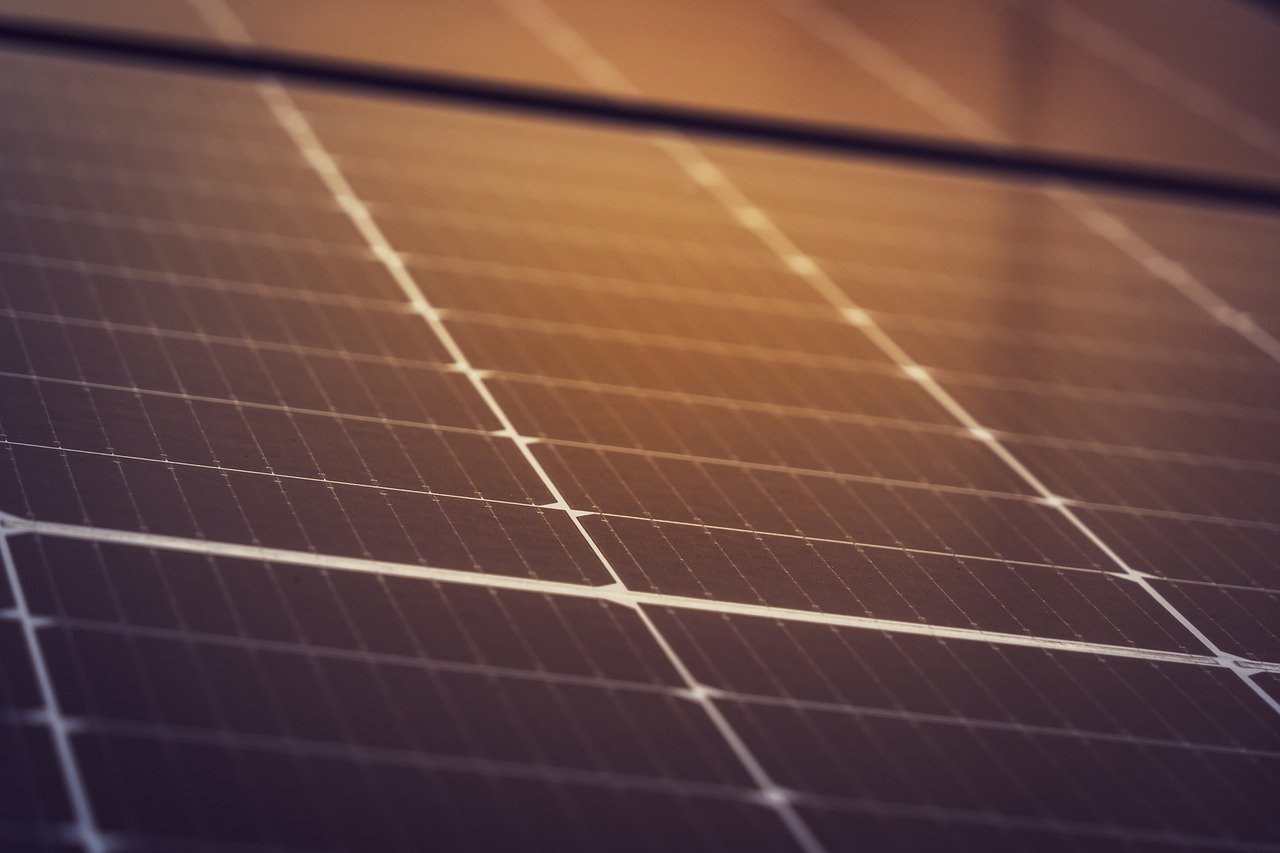
Increased Home Value
When considering the installation of solar panels, one of the most compelling benefits is the potential for . Homes equipped with solar energy systems often attract more buyers, as the demand for energy-efficient properties continues to rise. In fact, studies have shown that homes with solar panels can sell for a premium compared to those without. This trend is not just a fleeting moment; it reflects a significant shift in how buyers prioritize sustainability and energy efficiency.
But why does solar energy make a home more valuable? For starters, potential buyers are increasingly aware of the long-term savings associated with solar energy. They recognize that lower electricity bills can translate into substantial savings over time. According to recent data, homes with solar panels can see an increase in property value by about 3% to 4% on average. This increase can be even higher in areas where energy prices are elevated or where solar energy adoption is more common.
Moreover, the appeal of solar panels goes beyond just financial benefits. Homebuyers today are often looking for properties that align with their values, particularly when it comes to environmental sustainability. A home with solar panels signals to buyers that they are making a responsible choice for the planet. This can be a decisive factor in a competitive real estate market, where eco-conscious buyers are willing to pay more for homes that reflect their commitment to sustainability.
To illustrate the impact of solar panels on home value, consider the following table:
| Location | Average Increase in Home Value (%) | Average Savings on Energy Bills ($/year) |
|---|---|---|
| California | 4.1% | $1,200 |
| Florida | 3.9% | $1,000 |
| New York | 3.5% | $800 |
| Texas | 3.7% | $900 |
As shown in the table, the increase in home value varies by location but consistently demonstrates that solar panels can significantly enhance a property's worth. Additionally, the energy savings can further sweeten the deal for prospective buyers.
Finally, it’s essential to consider the long-term return on investment (ROI) that solar panels provide. While the initial installation cost may seem daunting, the combination of tax incentives, energy savings, and increased home value creates a compelling financial narrative. Homeowners can expect to recoup their investment in solar panels within a few years, making it a wise choice for both current living and future resale.
- Do solar panels increase home value? Yes, homes with solar panels often see an increase in property value, typically around 3% to 4% on average.
- How much can I save on my energy bills with solar panels? Savings can vary, but many homeowners save between $800 to $1,200 annually on their energy bills.
- Are there tax incentives for installing solar panels? Yes, many regions offer tax credits and incentives for solar panel installation, which can help offset initial costs.
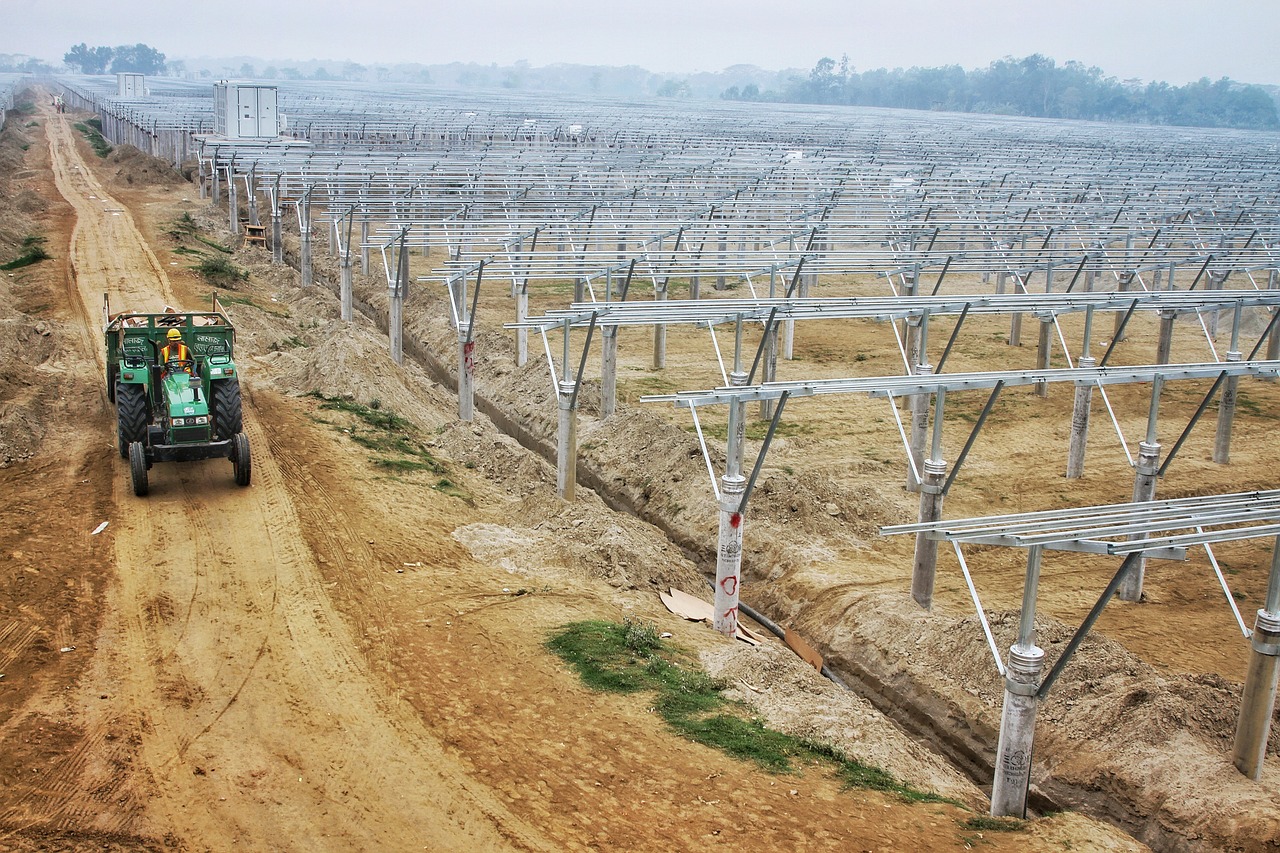
Attracting Eco-conscious Buyers
In today's world, where environmental awareness is on the rise, has become a significant advantage for homeowners with solar panels. Imagine walking into a home that not only offers modern amenities but also champions sustainability. This is the allure that solar energy brings to the table. Eco-conscious buyers are not just looking for a place to live; they are searching for a lifestyle that aligns with their values. By installing solar panels, homeowners can position their properties as eco-friendly havens, appealing to this growing demographic.
One of the key factors driving this trend is the increasing demand for energy-efficient homes. According to recent studies, homes equipped with solar energy systems tend to sell faster and at higher prices compared to those without. This is primarily because these buyers are willing to pay a premium for homes that promise lower utility bills and a reduced carbon footprint. In fact, a survey conducted by the National Renewable Energy Laboratory found that homes with solar panels can increase their resale value by an average of 4.1%. This statistic alone illustrates the financial benefits of investing in solar technology.
Moreover, eco-conscious buyers are often well-informed about the environmental impact of their choices. They appreciate the long-term sustainability that solar energy offers, not just for themselves but for future generations. When they see a home with solar panels, they envision a reduced reliance on fossil fuels and a commitment to green living. This shift in perspective is not just a trend; it's a movement towards a more sustainable future.
To further entice these buyers, it's essential to highlight the financial incentives associated with solar energy. Many states offer tax credits, rebates, and other financial incentives for homeowners who install solar panels. By showcasing these benefits, sellers can present a compelling case for why their solar-equipped home is a smart investment. For example, potential buyers can save thousands of dollars on energy bills over the lifespan of the solar system, making the initial investment even more appealing.
In conclusion, attracting eco-conscious buyers is not just about having solar panels; it's about creating a narrative around sustainability and financial prudence. By emphasizing the environmental benefits, financial incentives, and the overall lifestyle that comes with solar energy, homeowners can effectively market their property to this discerning group. As the demand for eco-friendly living continues to grow, those who invest in solar technology will find themselves at a significant advantage in the real estate market.
- What are the main benefits of installing solar panels?
Solar panels provide cost savings on energy bills, reduce environmental impact, and enhance property value, among other benefits.
- How do solar panels increase home value?
Homes with solar panels are often more attractive to buyers, leading to faster sales and potentially higher offers due to the energy savings they provide.
- Are there financial incentives for installing solar panels?
Yes, many states offer tax credits, rebates, and other financial incentives to encourage homeowners to invest in solar energy.
- How do solar panels contribute to sustainability?
Solar panels harness renewable energy from the sun, reducing reliance on fossil fuels and decreasing greenhouse gas emissions.

Return on Investment
Investing in solar panels is not just about going green; it's also about making a sound financial decision. The return on investment (ROI) for solar energy systems can be quite impressive, particularly in today's market where energy prices are on the rise. When you install solar panels, you're essentially making an investment that can pay off significantly over time. Imagine being able to generate your own electricity and reduce your reliance on the grid—it's like having your cake and eating it too!
One of the most compelling reasons to consider solar panels is the decreasing cost of installation. In recent years, the price of solar technology has dropped dramatically. According to recent data, the cost of solar panel installations has fallen by nearly 70% since 2010. This means that more homeowners can afford to make the switch to solar energy without breaking the bank. When you combine this with the potential for incentives and rebates from local and federal governments, the initial financial burden becomes much lighter.
But how exactly does the ROI work? Let's break it down:
| Factors Affecting ROI | Impact on Investment |
|---|---|
| Initial Installation Cost | Lower costs lead to a quicker break-even point. |
| Energy Savings | Reduced electricity bills increase overall savings. |
| Government Incentives | Tax credits and rebates can significantly reduce upfront costs. |
| Property Value Increase | Homes with solar panels often sell for more, enhancing ROI. |
Once you install solar panels, the savings on your electricity bills can add up quickly. On average, homeowners can save anywhere from $10,000 to $30,000 over the lifespan of their solar energy system. This is not just a drop in the bucket; it’s a substantial amount that can be reinvested into your home or saved for future needs. Additionally, as energy prices continue to climb, your solar investment becomes even more valuable. You're essentially locking in your energy costs at a lower rate, which is a smart move in an unpredictable market.
Moreover, solar panels can increase your home's value. A study from the National Renewable Energy Laboratory found that homes with solar energy systems sold for an average of 4.1% more than comparable homes without them. This means that when it’s time to sell your home, you could see a significant return on your investment, making solar panels not just an eco-friendly choice but a financially savvy one as well.
In conclusion, the return on investment for solar panels is a compelling reason to make the switch. With decreasing installation costs, substantial energy savings, and an increase in property value, investing in solar energy is not just about saving the planet; it's about saving money too. So, are you ready to harness the power of the sun and watch your investment grow?
- What is the average payback period for solar panels? The average payback period ranges from 5 to 10 years, depending on various factors such as installation costs and local energy rates.
- Do solar panels work in cloudy weather? Yes, solar panels can still generate electricity on cloudy days, although their efficiency may be reduced.
- Can I install solar panels myself? While it's possible to do a DIY installation, it's recommended to hire professionals to ensure safety and compliance with local regulations.
- What happens if I produce more energy than I use? Many utility companies offer net metering, allowing you to sell excess energy back to the grid, further enhancing your ROI.
Frequently Asked Questions
- What are the main benefits of installing solar panels in my home?
Installing solar panels can lead to significant cost savings on electricity bills, reduce your carbon footprint, and promote energy independence. Additionally, solar panels can increase your home’s value and contribute to a sustainable environment.
- How much can I save on my energy bills with solar panels?
The savings vary based on your location, energy usage, and the size of your solar system. Many homeowners report saving 50% or more on their electricity bills after going solar, and with government incentives, the initial investment can pay off quickly.
- Are there any tax incentives for installing solar panels?
Yes! Many governments offer tax credits, rebates, and other incentives for solar panel installation. In the U.S., for example, the federal solar tax credit allows you to deduct a percentage of the installation costs from your federal taxes.
- How does solar energy impact the environment?
Solar energy is a clean, renewable resource that reduces reliance on fossil fuels. By using solar panels, you help decrease greenhouse gas emissions, contributing to a healthier planet and combating climate change.
- Will solar panels work in cloudy or rainy weather?
Absolutely! While solar panels are most effective in direct sunlight, they can still generate electricity on cloudy or rainy days. The technology is designed to capture and convert diffuse sunlight, so you won't be left in the dark!
- How does installing solar panels affect my home's value?
Homes with solar panels often see an increase in property value. Many buyers are looking for energy-efficient homes, and solar installations can make your property more attractive, potentially leading to a quicker sale at a higher price.
- What happens if I generate more energy than I use?
If your solar system produces more energy than your home consumes, you can often sell the excess energy back to the grid. This process, known as net metering, can further offset your energy costs and provide additional savings.
- How long do solar panels last?
Most solar panels come with warranties ranging from 20 to 25 years, but many systems can last even longer with proper maintenance. They are designed to withstand various weather conditions, making them a durable investment.
- Do I need to maintain my solar panels?
While solar panels require minimal maintenance, it's a good idea to keep them clean and free from debris. Regular inspections can help ensure they are functioning optimally, but overall, they are quite low-maintenance compared to other home systems.







